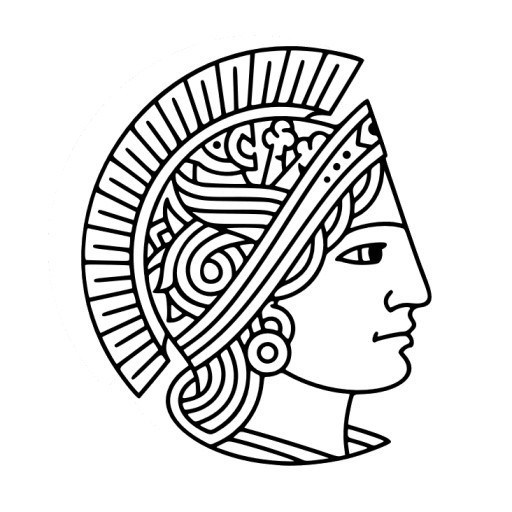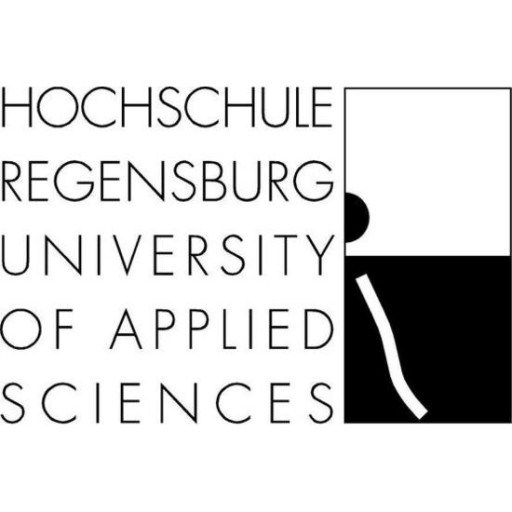Our Master's programme enables you to carry out scientific work and provides you with deep theoretical and analytical skills. You will acquire the techniques to enable you to solve complex problems. You will become acquainted with challenging application fields such as medical engineering and robotics. You will be trained to be eligible for leading positions in a company. If you decide to stay in science, you may pursue a PhD thesis as a following step at a scientific university. The professors of the University of Applied Sciences Wedel will support you in this. At the end of your studies, you will be in possession of an advanced set of skills which can be applied to all application domains and you will have obtained specialised knowledge in some selected application domains.
The University of Applied Sciences Wedel has very close contacts to industry, especially in the Hamburg metropolitan area and Northern Germany. The friends association, the Wedeler Hochschulbund e. V. (WHB), gives you another opportunity to bridge the gap between theory and practice. Industrial representatives are integrated into the courses. In IT Engineering, a full module is given by representatives from practice. This guarantees a mutual exchange between science and practice, and our students keep in touch with current trends and challenges.
Educational organisation
First semester:- Dynamical Systems
- Distributed Systems
- Embedded Systems Workshop
- Selected Topics in Applications of Engineering Science
- Medical Engineering
- Seminar
Second semester:
- Algorithmics (elective)
- Cryptography Workshop (elective)
- Security Engineering (elective)
- Business Intelligence (elective)
- Robotics (elective)
- Modern Production Methods (elective)
- Technical Optics (elective)
- Project
Third semester:
Master's Thesis and Colloquium
Study abroad unit(s)
You may additionally take the opportunity to study at one of our partner universities abroad for one semester.Forms of assessment
Written and oral exams (30 %), assessed assignments (20 %), reports and presentations (20 %), thesis (30 %)Course objectives
The first objective is to prepare the graduates for a challenging job. The second is to qualify them for a scientific career.There are various job opportunities: IT engineers work conceptually, interdisciplinary and in programming. They develop, install and model technical systems for the control of complex industrial systems or smart grids. Especially machinery and plant engineering, the automotive industry, electrical engineering, the ICT industry and the chemical industry will benefit from the processes of "Industry 4.0".
Our practice-oriented study courses and our close ties to industrial practice are the reason for the excellent reputation of our students among job recruiters who recognise that our students are highly qualified, committed and eligible to take leading positions. In particular, in our Master's programme IT Engineering the practical and application-oriented subjects make up two-thirds of the curriculum.
Language requirements
English B2 level with certified proof of equivalenceIf the Bachelor's degree was acquired in a programme completely conducted in English, a further proof of language proficiency is not necessary.
Academic requirements
The immediate admission criterion for the Master's programme IT Engineering is a qualified Bachelor's degree from a programme in a related field. Applicants should have obtained 210 ECTS, which is an equivalent of seven semesters of full studies. If you graduated in a six-semester Bachelor's programme (180 ECTS), you need to make up the difference in our Bachelor's courses. For this, we guarantee an offer of 30 ECTS given in English. This requires a supplement semester of studies. But you need not fulfil all admission requirements before you are eligible to take courses from the Master's programme. Instead, you may take the additional courses required from the Bachelor's programme parallel to your Master's courses.In order to prove that your Bachelor's programme was related to IT Engineering, you must provide at least 80 credits in mathematics, information technology, science or engineering, of which at least 20 credits must be obtained in software development and at least 20 credits in pure mathematics. Up to 30 credits may be obtained in additional courses from our Bachelor's programmes in order to meet these requirements. This may require an additional semester. Please refer to the course list for exchange students in order to check if they provide the remaining credits you need.
Enrolment fees
95 EURCosts of living
Accommodation: 250 to 400 EUR per monthFood: 200 to 300 EUR per month
Other expenses: at least 100 EUR per month
Arrival support
We welcome you at the University of Applied Sciences Wedel! In order to make you feel at home, we provide you with essential information you will need when arriving at Wedel. All international information is available on: http://intoffice.fh-wedel.de/. Please also do not hesitate to contact our International Office.Nicole Haß
E-mail: nha@fh-wedel.de
Regina Seybold
E-mail: sey@fh-wedel.de
Accommodation
Students from abroad have several accommodation options. You may decide to live by yourself, share an apartment, stay in the halls of residence, or choose a private rental accommodation. The International Office will assist you in finding the right choice.The cheapest possibility is to rent a room at the Halls of Residence, which is only five minutes from the campus.
Most students stay in privately rented accommodation in Wedel or the north-western suburbs of Hamburg. If you do not live in Wedel, it will be necessary to use public transportation or a car to get to the campus. Public transport within the Hamburg metropolitan area (Wedel is part of that) is excellent.
When renting private accommodation, it is important to know that the rent mentioned in the advert is for the room/flat only. On top of rent, you will have to pay for heating, electricity, telephone and other charges. Most landlords give an estimate for these costs, called "Nebenkosten", which you should consider as the lower limit. You should expect to pay at least around 600 EUR per month for accommodation, food, insurance and textbooks.









